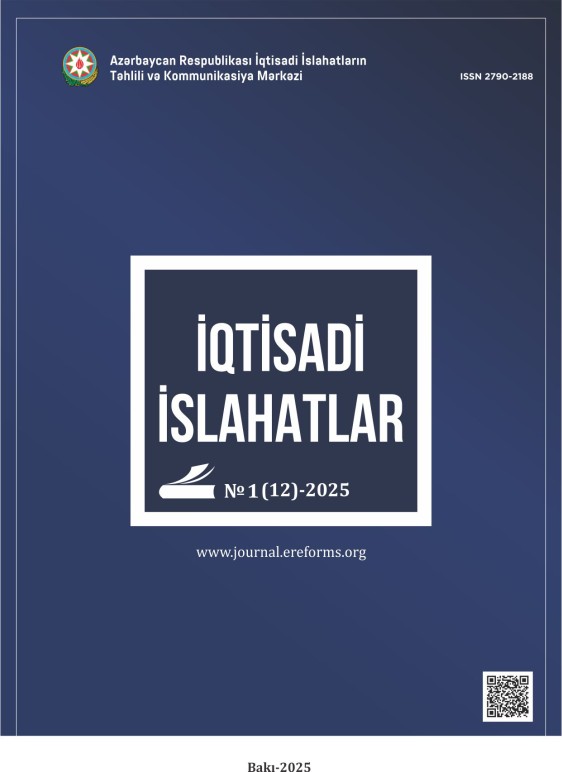Assessing the impact of taxation and social expenditure on income distribution: Evidence from Azerbaijan
Summary
This research paper evaluates the impact of tax and social expenditure policies across different income groups in Azerbaijan. Using household-level income data from 2024, the analysis examines how fiscal measures affect income distribution by employing Lorenz curves and Gini coefficients. The assessments conducted through quintile and decile distributions allow for a comprehensive evaluation of the current situation. According to our calculations, the Gini coefficient based on quintile distribution is 0.202, while the Gini coefficient based on decile distribution is 0.215. Compared to the global average Gini coefficient of 0.65, these figures suggest that income inequality in Azerbaijan is up to three times lower. Furthermore, the findings indicate that there is still significant potential for fiscal policy to enhance its redistributive function in order to further reduce disparities among income groups. The high proportion of indirect taxes may, in some cases, place a relatively greater burden on lower-income groups. Additionally, the coverage and targeting of social transfers are crucial in promoting equity. Ultimately, the inclusiveness and effectiveness of fiscal policy can significantly contribute to achieving more balanced socio-economic development in the future.
